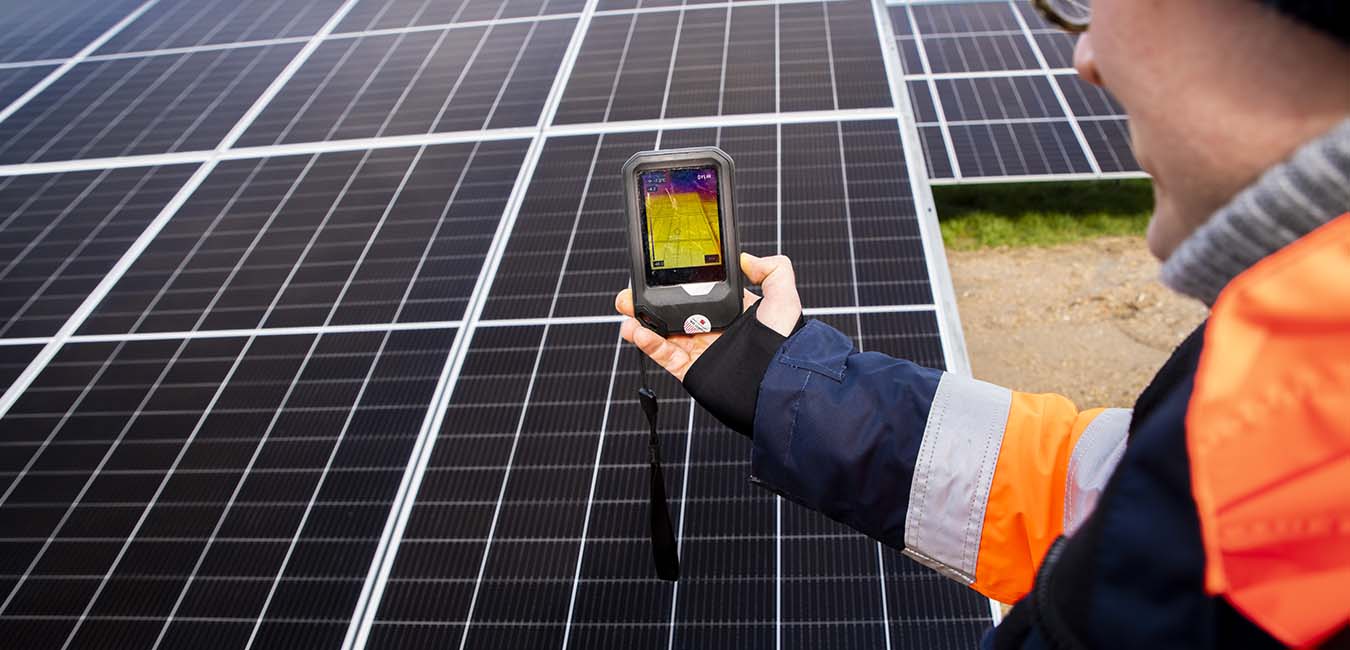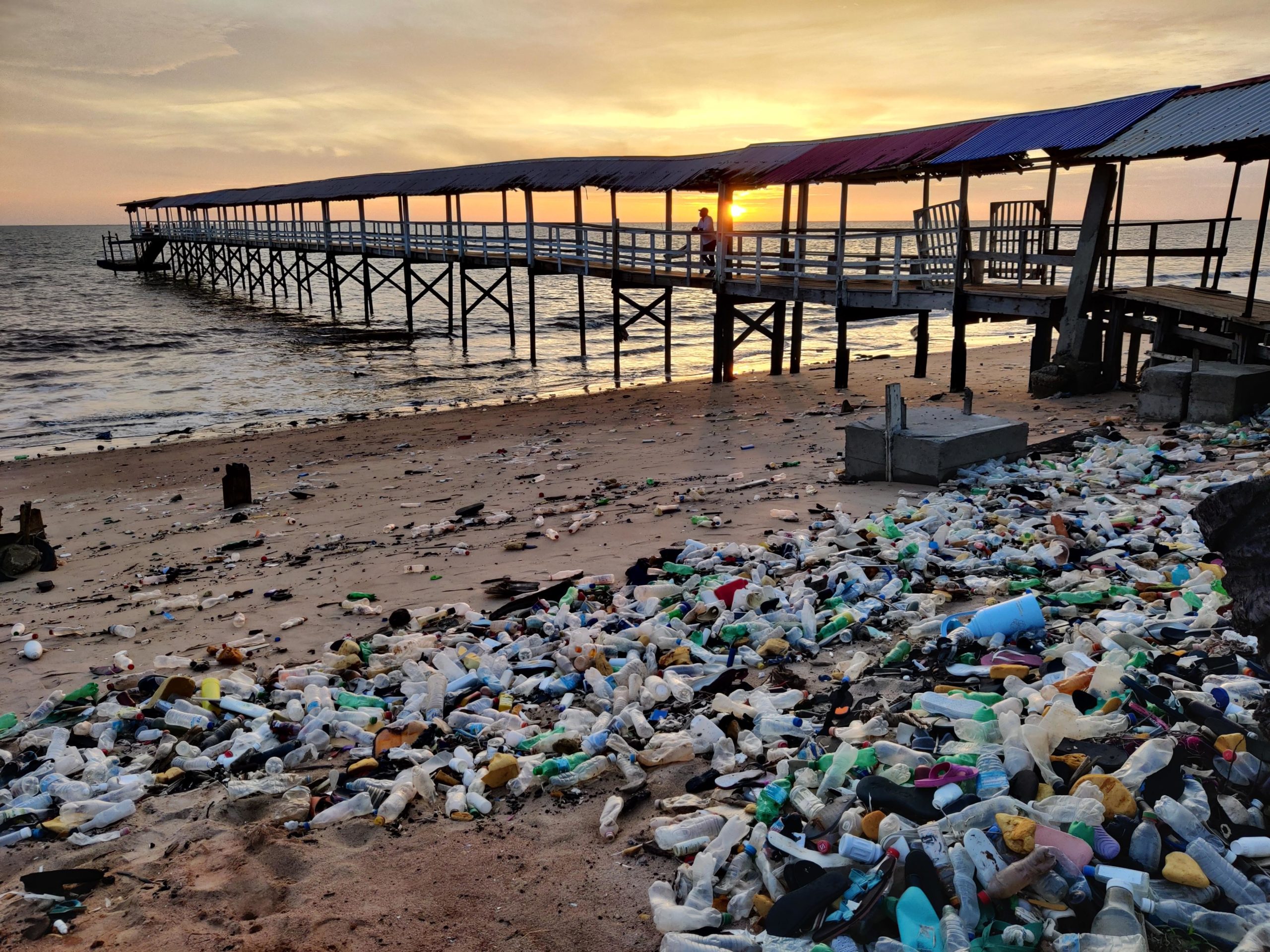Ibrahim Kabba from Sierra Leone was lured by the possibilities of steady work and a stable income. A friend had told him that there were jobs to be had in Algeria, so – like many other poor West Africans – he headed north on a perilous journey through the Sahara. When he arrived in Algeria after a month, he indeed got a job as a tiler, but shortly after that things went wrong for him.
„My boss had sent me into town to buy a tiling machine, but it was in the middle of the Corona pandemic and there was a curfew in Algeria.‟
Ibrahim had not heard of the curfew, and when he ran into the police, he was arrested, charged with violating the curfew and, worse, being in Algeria illegally.
After I came home to Freetown, another of my friends tried to persuade me to migrate to find work, but I wasn’t going to enjoy it after everything I had been through. Then I’d rather stay here and pick up trash. I tell all my friends, everyone I meet, not to migrate. About all the dangers and sufferings they will expose themselves to
Mistreated in prison
In prison he was mistreated, according to his own statement, and only after a month there was a friendly officer who lent him a phone so he could call home to Sierra Leone.
The Sierra Leonean authorities succeeded in having him transferred to the neighboring country of Niger, but upon arrival here, he was arrested again. After another month in an inhuman prison, Ibrahim finally managed to escape and return home to Freetown, the capital of Sierra Leone.

Picture: Ibrahim Kabba is a garbage collector and has joined the trade union. Photo: Johan Bøgh
Here the Uland Secretariat meets him on a hot and humid day in May.
Ibrahim has become involved in a new project where the Development Secretariat supports the local partner, the Sierra Leone Labor Congress (SLLC), in organizing workers in the informal economy – and at the same time contributing to a green and fair transition.
Trade union for garbage collectors
And that’s how he came into contact with SLLC. The main organization has teamed up with the Freetown city government to create employment for young people like Ibrahim and clean up the huge amounts of trash and plastic floating in the city’s streets.
With the support of the Uland Secretariat, SLLC hopes to organize at least 500 waste collectors and thus ensure better working conditions for workers in the informal economy.
At the same time, it is a good way to create decent work for poor Sierra Leoneans – and contribute to a cleaner environment and a green, just transition.
Read More: About Danish Trade Union Confederation
“When I came back to Freetown, I had nothing to do. I started collecting and selling trash to survive. I was encouraged to join a garbage collectors union to improve my working conditions.”
When I came back to Freetown, I had nothing to do. I started collecting and selling trash to survive. I was encouraged to join a garbage collectors union to improve my working conditions.
SLLC also works to educate about the dangers associated with migrating. And as far as that is concerned, Ibrahim appears as a kind of role model for the Sierra Leonean trade union movement:
“After I came home to Freetown, another of my friends tried to persuade me to migrate to find work, but I wasn’t going to enjoy it after everything I had been through.
Then I’d rather stay here and pick up trash. I tell all my friends, everyone I meet, not to migrate. About all the dangers and sufferings they will expose themselves to.‟

Facts: The Secretariat for Developing Countries
The Secretariat for Developing Countries has been working with SLLC since 2007. Over the past ten years, SLLC has focused on workers in the informal economy by organizing them and working for their right to also be covered by social safety nets.
Read more about the The Secretariat for Developing Countries

